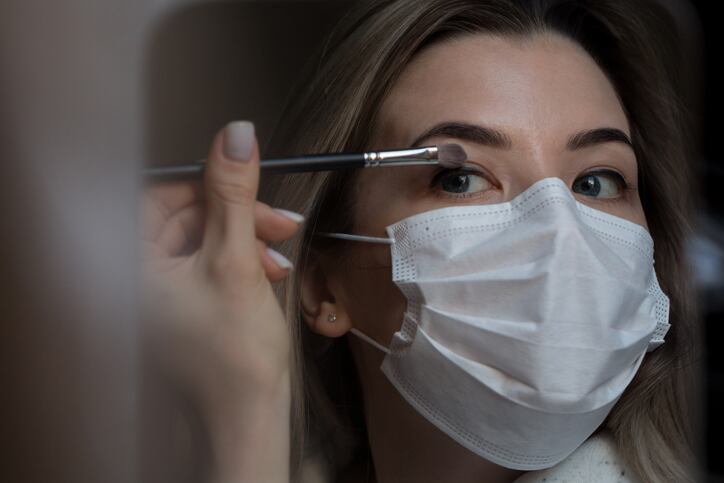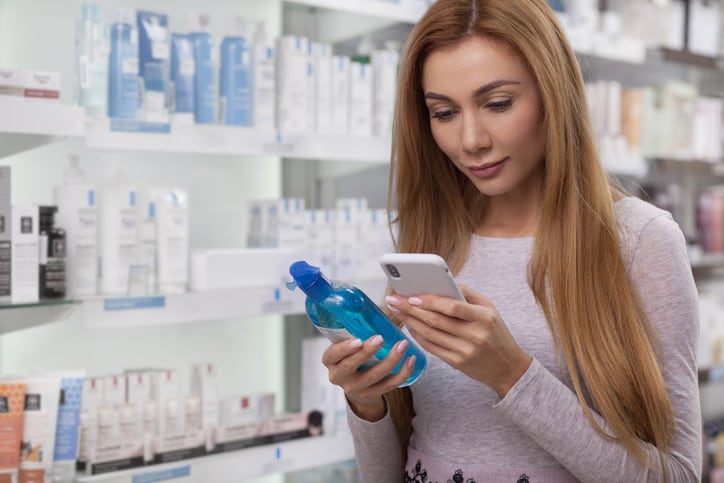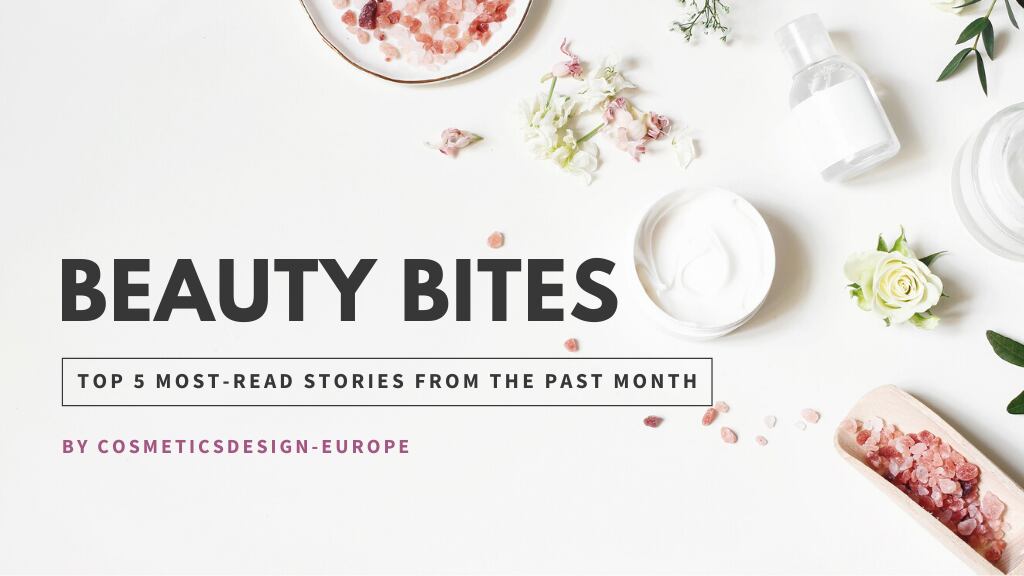Despite this, FEBEA has suggested that with the right economic policy decisions and consumer appetite, industry could potentially return to pre-crisis level by 2022.
The ongoing global coronavirus (COVID-19) pandemic has had a widespread impact on all areas of the beauty and personal category – from retail and fulfilment to ingredients sourcing and production. And France’s two trade associations COSMED and FEBEA conducted separate industry studies confirming that the country’s cosmetics market had indeed been hard hit by the crisis.
COSMED survey – 80% firms see negative impact on turnover
COSMED said COVID-19 had negatively impacted the turnover of nearly 80% small and medium-sized (SME) cosmetic companies, with only 7% seeing growth opportunities. Just 15% of SMEs reported no financial impact.
Findings from its national survey conducted in July 2020 showed the biggest negative impact for cosmetics had been a drop in sales, experienced by 50% of companies, followed by product launch delays (38%), cash flow problems (37%), a drop in production (34%), workforce reductions (29%), and postponement of investments (26%).
Whilst many parts of the cosmetics category were now showing “rapid recovery”, COSMED said the makeup and perfume categories were “still suffering”.
FEBEA study indicates 10% turnover drop during H1 2020
FEBEA agreed there had been a “strong impact” felt across France’s cosmetics category during the COVID-19 crisis, particularly among SMEs that were “particularly vulnerable”.
Findings from its study conducted by Asterès Cabinet showed that French cosmetics experienced an overall drop in sales of 10% during the first six months of 2020 (H1). Within this, SMEs suffered a 54% drop in turnover in the Spring, compared to a 35% turnover drop for larger cosmetic companies.
The FEBEA study showed that total consumption of cosmetic products across France plunged in the first semester of 2020, and exports and investment in the sector also dropped.
However, the report suggested that losses in French cosmetics would be lower than losses felt in the wider French economy and consumption and export activity should somewhat recover as industry edged towards the end of 2020.
French beauty recovery by 2022? Consumer expectations and economic policy
COSMED’s survey found that as the French beauty category pushed forward for a full recovery and a post-COVID future, the key concern among businesses was how to engage with consumers.
Findings showed 62% of firms wanted to be “better informed about consumer expectations” in order to adapt marketing plans and 59% would like aid mechanisms to be extended, particularly regarding exports. The COSMED survey indicated that 63% of companies had seen exports halt or slow during the COVID-19 crisis, with just 16% able to maintain export business as usual.
The FEBEA study indicated that full recovery would only happen with the right economic policy decisions made at government level, and enough consumer appetite and interest to increase consumption.
The study said it was possible that France’s cosmetics industry could see a return to pre-crisis business by 2022 if everything aligned, one year ahead the United States, India and Brazil.
However, Asterès Cabinet noted such a forecast was “difficult” to be certain on because it depended closely on the evolution of the COVID-19 pandemic, which was “itself difficult to assess”, and largely relied on public policies around consumption, corporate debt and relocation.
Recovery would, it said, be facilitated if there was widespread consumer support on consumption; long-term grants or equity loans provided to incentivise business investments; and taxes cut as part of a wider recovery plan.




